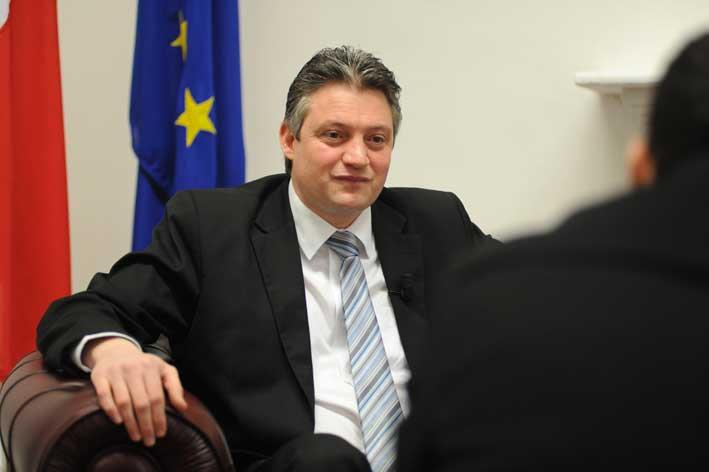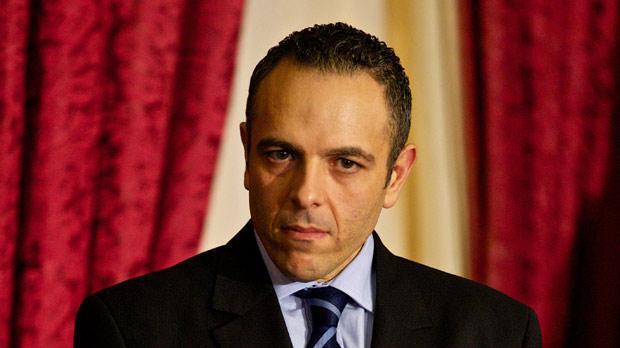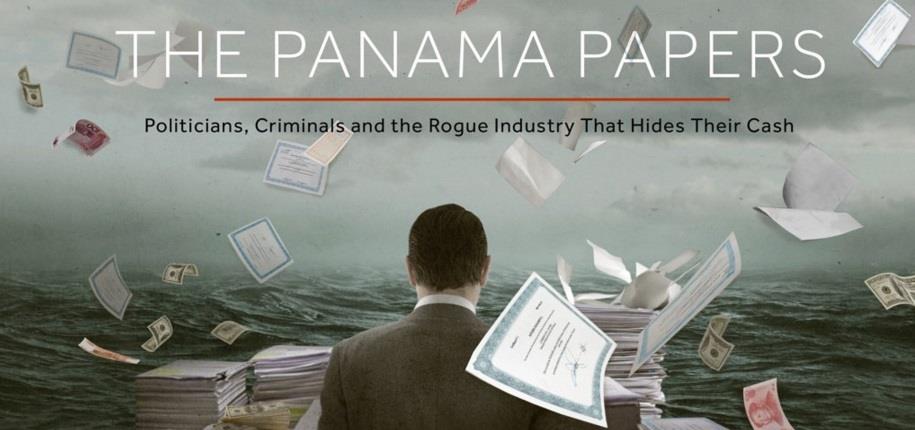Socialist MEP Ana Gomes, who is the vice-chair of the European Parliament’s PANA Committee, has highlighted her concerns about the Maltese financial system in an interview with The Malta Independent on Sunday, observing that the system bears the hallmarks of “something that is instrumental” for money launderers to operate.
During a European Parliamentary Committee hearing earlier this week, one MEP had questioned whether Malta itself, which holds the EU Presidency, would pass the EU’s tax haven test.
Asked for her opinion on the subject, the influential MEP said, “This is something I would like to decide after hearing the authorities in Malta out. But I see a lot of signs in Malta – as well as in other jurisdictions within the EU including my own country (Portugal) with, for instance, the so-called international business centre of Madeira – bearing the hallmarks of, call it what you will, something that helps money launderers legalise their money, and criminals to hide behind the system. So I am not only talking about the system of taxation rates, this is not the question at hand.
“While that (the tax rates) is an EU problem, we should not allow this race to the bottom among member states in taxation. This (the pan-EU PANA Committee investigation) is not about tax rates, it’s about the systems of incorporation; it’s about whether practices are seriously implemented by the obliged entities – the banking sector, the supervision authorities, and so on.”

She said it is about schemes that allow lax incorporation systems favouring Russian doll constructions to obfuscate who the beneficial owners of companies are. “These kind of opaque complex schemes are happening all over, but in particular which certain jurisdictions in the EU or jurisdictions linked with the EU are specialising in, and where there are structures that serve all sorts of criminality including corruption but also terrorism. That is exactly what I want to discuss with the authorities in Malta, so I am not prejudging at this stage.”
The PANA Committee will visit Malta this February on a fact-finding mission, during which they intend to interview a number of individuals, including political persons who were exposed by the Panama Papers, as well as other individuals including financial intermediaries, the Commissioner of Police, the Tax Compliance Unit and the Financial Intelligence Analysis Unit, amongst others.
Describing the PANA Committee’s mandate, she said that the committee is not limited to what the Panama Papers revealed.
“It’s not just Keith Schembri (below) (Chief of Staff in the Office of the Prime Minister) and Minister Konrad Mizzi (above) who were named in the Panama Papers, but there are other people mentioned in the Panama Papers who are in high positions in Malta who we would also like to hear from. In addition, there are others like the former Maltese finance minister who oversaw a system that has problems.

“The Panama Papers are not just something that happened at a certain moment and such practices are a way of life for certain jurisdictions inside and outside the EU, and that is exactly what we are trying to uncover. It would be interesting, in any case, to speak with the previous finance minister about the system in Malta and the problems we see.
“I hear that Nationalist Party MPs Beppe Fenech Adami and Tonio Fenech are people involved in other sorts of alleged crimes of the same calibre, and it would be interesting to hear from them. Although other MEPs on the PANA Committee have said that so far Mr Fenech is not currently on the list of those the committee wants to speak with, they have also said that this could change. So it is only natural that the EU Parliament would want to hear from them because this is very serious, and it is not at all due to partisanship. That would be completely inappropriate for a mission representing the whole of Parliament.”
Asked if any of those people invited have rejected their invitations so far, she said she did not know, saying the secretariat of the committee would know the answer to that question.
Speaking about other visits organised by other committees in the past, similar to the visit the PANA Committee will carry out in Malta, she said that “every time people refused to see us, the reasons given were normally not very good ones”.

Asked whether she believed it is proper to have a Maltese minister caught up in the Panama Papers scandal chairing the EU Energy Council, she quipped that the EU Energy Commissioner has a relative who was also mentioned in the Panama Papers, saying sarcastically “they’re in good company”.
Turning to the question asked, she said, “Malta has the Presidency and Malta appoints whoever it feels is competent to fill the positions for the Presidency. It’s Malta’s choice. Obviously, if Malta appointed this person, who is involved in the Panama Papers, the country knows that there are all sorts of readings attached to that appointment and that this person’s actions will probably be scrutinised all the more.
“I do not want to pre-judge – we are going to Malta, we will speak with the different people. It’s not just about the individual cases, which are a matter for the Maltese authorities. It’s about the system. It’s for justice and the people’s political judgement in Malta to decide about the people involved. We want to analyse the system through the individual cases revealed by the Panama Papers not only in Malta, but also in other jurisdictions – onshore and offshore – in the EU.
“I have also proposed to the PANA Committee that the previous FIAU Director Manfred Galdes and former Police Commissioner Michael Cassar are two of the people heard by the parliamentary mission. Mr Galdes had conducted an investigation while he was director of the FIAU, and the former police commissioner knew about this investigation and they are now no longer in office. I think they make for interesting people who will let us know what was done to investigate the cases and to draw conclusions. But, again, it’s not the people, it’s the system.”